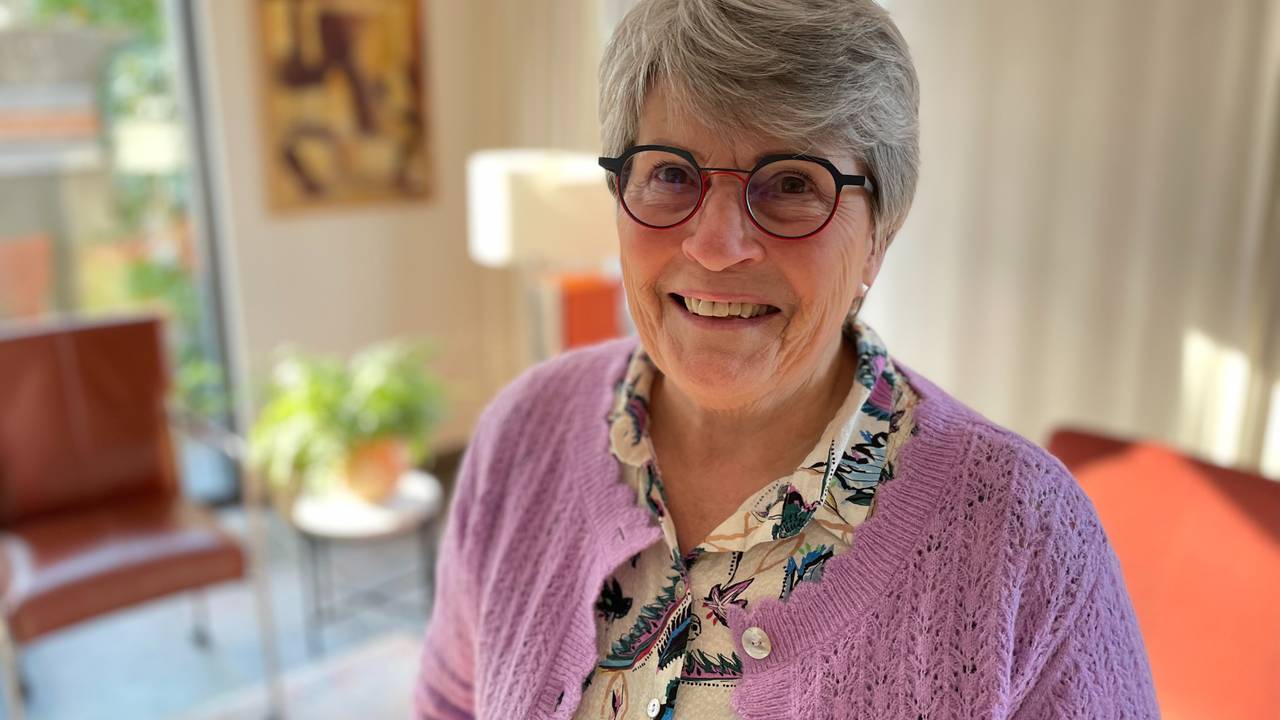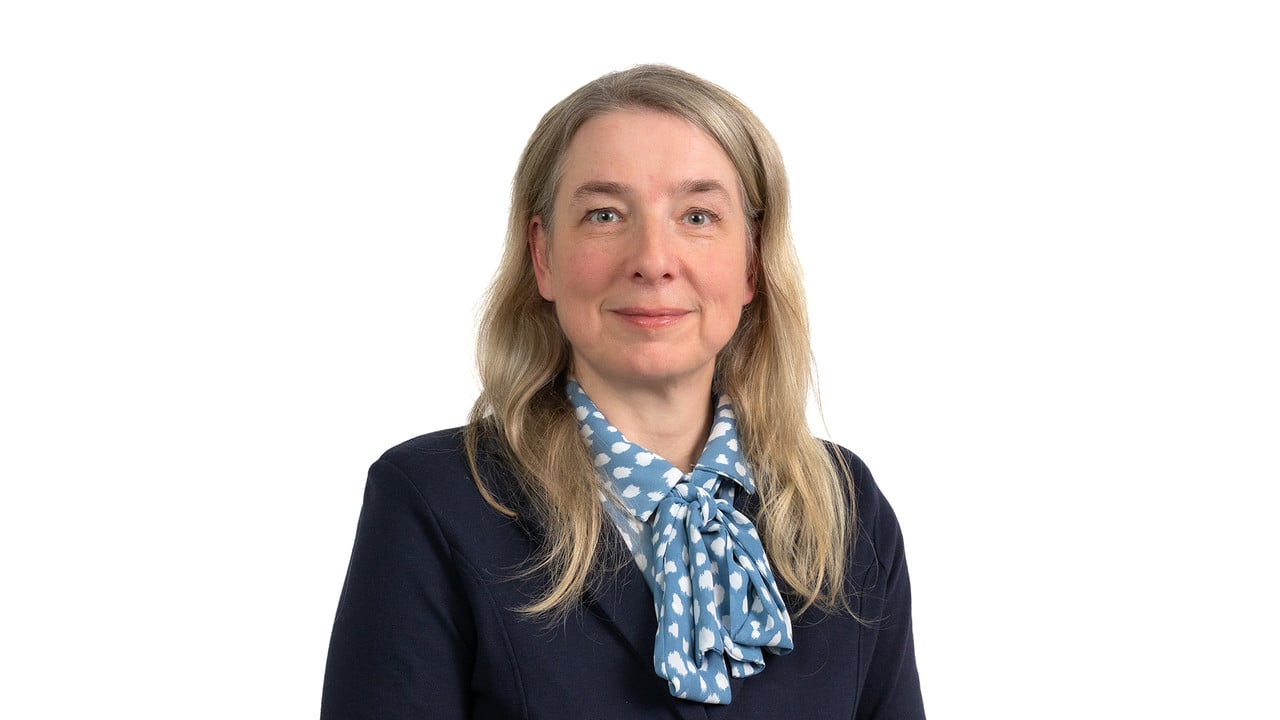
Jacqueline has had Q fever complaints for 15 years: 'It doesn't go away'
The children and grandchildren of Jacqueline van den Bos (71) from Helmond understand it: Grandma must regularly lie in bed to refuel. It also cannot be everywhere. Jacqueline had been suffering from the consequences of Q fever for fifteen years. These consequences are not bad. That's why she's looking forward to the National Ombudsman's third report on Q fever, which will be released on Friday.
“The first and second reports were mainly about the acute situation,” says Jacqueline, who was interviewed for the report. “For this third report, we looked at the long term. How Q fever patients received help for fifteen years from authorities, such as municipalities, healthcare or UWV, for example.
Jacqueline disputes the idea that everything about Q fever is now known. And the worst is over. “It's done, that's what people often say. What more needs to be said about it? But I'm not done with it at all. In the end, there are still a lot of complaints. I've learned how to deal with them, but they're not “Disappear.”
“If I woke up and showered, I would have had that day.”
Jacqueline must take into account that she can no longer do much. She used to plan four or five things a day, now two. It is regularly dominated by profound fatigue or severe headache. She even suffered from paralysis. She also developed an autoimmune disease.
She doesn't know how she got Q fever. She first became ill while on vacation in Spain. “I was cold and had a fever. I just wanted to go home, whereas on holiday I always wanted to stay a few more days.
Doctors prescribed antibiotics. It will be over in two weeks. But Jacqueline continued to make complaints. “If I woke up and showered, I would have had the day. Whereas I had a job and a teenager at home.”
“Young doctors often don't know and have to research things.”
Eventually, Jacqueline quit her job. “I have a rich husband, so I can afford it. But a lot of people get into financial trouble. And if you have that, you can't get a lot of other things with him. People have to go to UWV and the examining doctor tells them it's all in their heads. It will be You just have to say it.”
So recognition is important to Jacqueline. She hopes that the third report will bring this issue a little closer. “Q fever is viewed as a real disease, because this has not happened yet.” She also considers recognition important: “Young doctors often don't know it and have to research things. They didn't have an epidemic 15 years ago.” While, according to Jacqueline, approximately ten to fifteen new people are diagnosed with Q fever every year. You can still get sick.
“There is still a lot of progress to be made.”
There are also significant differences between municipalities. “Some municipalities are very proactive, others are not,” says Jacqueline. “Helmond municipality gets a ten from me. It immediately called all the people with Q fever and asked them what they could do. Now, for example, the municipality is compensating for an exercise program for people with Q fever.”
That's why, according to Jacqueline, it's so important for agencies to work together more. “A lot of people are concerned about this, let's get it all in one line, so patients don't have to tell their story four times. Because that's terrible. There's still a lot of progress to be made on this.”
You may also find this interesting:
This entire family from Eindhoven had also been suffering from the consequences of Q fever for years

“Travel enthusiast. Alcohol lover. Friendly entrepreneur. Coffeeaholic. Award-winning writer.”

